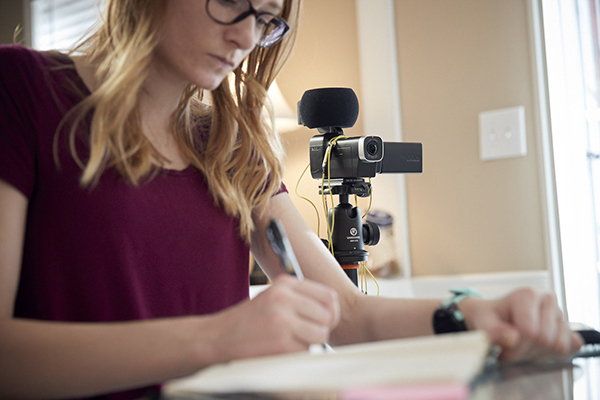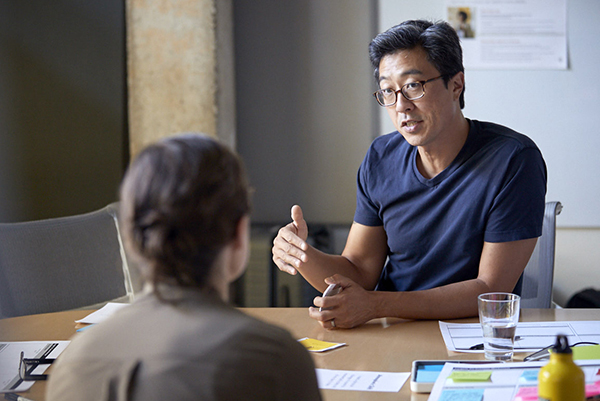It’s OK to Outsource the Field Research. Here’s Why.
You’re developing a product and have decided you need custom field research. Congrats! But you’re not sure if you should do it yourself, or outsource. Going beyond your company’s walls might sound costly, but keeping the project in-house introduces you to a whole different piper to pay. Before making a decision, start by asking yourself these questions to better understand your own capabilities.
You’re developing a new product and have secured approval for a field research project. Congrats! But now, the rubber must hit the road, and you’re not sure if you have the resources to conduct the legwork yourself, but you’re also reluctant to outsource it.
We feel you. And after orchestrating and conducting field research projects for clients of all sizes, we can offer a few important questions you should ask of yourself before making a decision.
QUESTION 1: Do I know how to solve this problem?
Regardless of how big or small your company is, if you don’t have an in-house team with the specific research-focused expertise to manage a field research project, the hiring and training process involved could likely be extensive – ramp-up you likely don’t have the time, if not the resources for.
Often, we see partners at mid-sized businesses forced to recover from disappointment after trying to shoehorn a marketer or skilled designer into a research-specific role, expecting results that only a seasoned researcher can provide. But it’s not just a smallish business problem. We also see large, well-resourced companies unsure of the best path to take as well. In their uncertainty, they say, “Let’s do field research!” But with a lack of focus and direction, the research ends up compartmentalized; work happens in silos, and information is disparate and inconsistent because varying methods were used.
Taking that gamble ends up being kind of like building a house without a contractor, or even a blueprint. Here’s a good metaphor: Imagine you volunteer for Habitat for Humanity. It’s a great way to give back to your community, yes, but it doesn’t necessarily prepare you to build a house on your own. As a volunteer, you were afforded the opportunity to contribute in a very focused and manageable way. Someone placed the right tool in your hand, made sure you were able to use it correctly (if not at least safely), then, gave you the freedom to complete your assigned task. While it may have left you feeling successful and accomplished, and it led to someone having a home, you only played a small part in building the house itself. The experience didn’t leave you capable of building a house from the ground up.
In other words, when it comes to complicated tasks, the best route is to respect the limitations of experience.
QUESTION 2: Do I have the resources to solve this problem?
If you’re small, deciding if external resources are needed is pretty easy. (There’s only so many of you to go around.) But for a midsized or large company, answering this question might be a bit more of a struggle. You’ve got the resources…so should you use them to do the field research?
Despite having the bodies to do the work, there are other reasons larger companies who have the people-power might decide to farm research out to an outside expert. For one, you may have enough people, but are they the right people? Are they research-minded, detail-oriented, able to think broadly but pointedly? Are they good excavators of information? Great interviewers? Maybe…maybe not. Alternately, a large company may have a wealth of people and resources to train them up, but perhaps not the right vision or strategic direction to get the job done efficiently or effectively enough. Both good reasons to look closely at both the staff available and their capability – and appetite – for the job at hand.
Parting Thoughts
Whether you end up deciding to partner up or simply do the research yourself, there’s one last thing to remember: just make sure someone does the field research. You’ve identified the need, fought for the project, and now the last hump to get over is clocking the hours.
Just know that whatever you choose, there is no wrong answer. It’s OK to do the work. It’s OK to outsource. It’s all going to be OK.
Consider partnering with research design experts and ensure no work goes to waste. Contact THRIVE today to get started.







